Dueling Statutes
As we first described before the federal statute was enacted, the owner of a trade secret in North Carolina now enjoys the protection of both the Federal Defend Trade Secrets Act and North Carolina’s version of the Uniform Trade Secrets Act. The federal statute does not pre-empt the State Act and the same acts can be asserted as a violation of both statutes in the same action.
In order to understand how to protect those secrets, you should know how to define a trade secret, the requirements for protecting those secrets, what constitutes a misappropriation, and what remedies are available under each statute. The statutes are more similar than not with respect to the first three of these categories.
What Is A Trade Secret?
Federal DTSA
The Federal Defend Trade Secrets Act (“DTSA”) defines a trade secret1 as
“all forms and types of financial, business, scientific, technical, economic, or engineering information, including patterns, plans, compilations, program devices, formulas, designs, prototypes, methods, techniques, processes, procedures, programs or codes, whether tangible or intangible, and whether or how stored, compiled, or memorialized physically, electronically, graphically, photographically, or in writing.”
Notwithstanding this interminably lengthy list of the kinds of information that can be a trade secret, protection even for information within this definition is limited to:
- Information that derives independent economic value, actual or potential, from not being generally known to, and not being readily ascertainable through proper means by, another person who can obtain economic value from the disclosure or use of the information;
- Information for which the owner has taken reasonable measures to keep secret.
NC TSA
Although the definition2 is much shorter, North Carolina’s protection extends to virtually the same type of information. There are some minor differences that we will address in a following article.3 As defined, a trade secret under North Carolina law is
business or technical information, including but not limited to a formula, pattern, program, device, compilation of information, method, technique, or process that
- Derives independent actual or potential commercial value from not being generally known or readily ascertainable through independent development or reverse engineering by persons who can obtain economic value from its disclosure or use; and
- Is the subject of efforts that are reasonable under the circumstances to maintain its secrecy.
When determining whether information is a trade secret, the North Carolina Court of Appeals has considered the following factors:
- the extent to which information is known outside the business;
- the extent to which it is known to employees and others involved in the business;
- the extent of the measures taken to guard the secrecy of the information;
- the value of information to business and its competitors;
- the amount of effort or money expended in developing the information; and
- the ease or difficulty with which the information could properly be acquired or duplicated by others.
Spirax Sarco, Inc. v. SSI Eng’g, Inc., 122 F. Supp. 3d 408, 425–26 (E.D.N.C. 2015)
Reasonable Measures / Reasonable Efforts Under the Circumstances
Assuming that the information has economic value and is either business or technical information, what must the Owner do to protect the information as a trade secret. The economic value of a trade secret is in the fact that it is neither known nor readily ascertainable by others. What is reasonable is a question of fact and will depend on the actions taken by the owner to protect the secret and the circumstances of the industry and the value of the trade secret itself.
The legislative history of the federal statute makes it clear that Congress intentionally left the determination of reasonable measures to the specific facts of each case. According to that history, the degree of protection that is reasonable depends on the value of the secret — i.e., the harm caused by disclosure — and the ease of theft under the circumstances. Under some circumstances, requiring employees to sign confidentiality agreements and third-parties to sign NDAs may be enough. In others, it may require much more than that.
Misappropriation
What constitutes a misappropriation under most fact patterns does not differ significantly between the federal and State Acts. However, the federal statute requires that the person disclosing or using the trade secret know or have reason to know that the trade secret was acquired by improper means. The North Carolina statute has no such requirement. In some cases, this may be a significant distinction.
Under the Federal DTSA,4 “the term “misappropriation” means–
(A) acquisition of a trade secret of another by a person who knows or has reason to know that the trade secret was acquired by improper means; or
(B) disclosure or use of a trade secret of another without express or implied consent by a person who–
(i) used improper means to acquire knowledge of the trade secret;
(ii) at the time of disclosure or use, knew or had reason to know that the knowledge of the trade secret was–
(I) derived from or through a person who had used improper means to acquire the trade secret;
(II) acquired under circumstances giving rise to a duty to maintain the secrecy of the trade secret or limit the use of the trade secret; or
(III) derived from or through a person who owed a duty to the person seeking relief to maintain the secrecy of the trade secret or limit the use of the trade secret; or
(iii) before a material change of the position of the person, knew or had reason to know that–
(I) the trade secret was a trade secret; and
(II) knowledge of the trade secret had been acquired by accident or mistake;
Under North Carolina law,5
“Misappropriation” means acquisition, disclosure, or use of a trade secret of another without express or implied authority or consent, unless such trade secret was arrived at by independent development, reverse engineering, or was obtained from another person with a right to disclose the trade secret.
Remedies
There are several subtle but potentially significant differences in the measure of damages between the DTSA and North Carolina statute. Under either statute, an owner who successfully proves the misappropriation of a trade secret may recover its economic loss, the amount by which the defendant has been unjustly enriched, or a reasonable royalty for continued use.
The North Carolina statute provides for the recovery of the economic loss or unjust enrichment, whichever is larger and a reasonable royalty if it would be unreasonable to enjoin the continued use after judgment. In other words, either economic loss or unjust enrichment and royalties only for continued use. The State statute also proscribes damages for a misappropriation made by mistake in good faith so that the only remedy may be injunctive relief or royalties for continued use.
The DTSA allows for the recovery of both economic loss and unjust enrichment — to the extent the unjust enrichment is “not addressed in the calculation of economic loss.” In lieu of these measures of damages, the owner can recover a reasonable royalty for the unauthorized disclosure or use, including past use. Therefore, in most cases, damages under the federal statute should exceed damages under the North Carolina statute.
In addition to the recovery of damages, both statutes provide for injunctive relief.
Civil Seizure
The DTSA provides an additional remedy designed to prevent the disclosure and therefore loss of the secrecy that is the sine qua non of trade secret value. The statute provides that the Court may order seizure of property necessary to prevent the disclosure of a trade secret where an injunction “would be inadequate to achieve the purpose of this paragraph because the party to which the order would be issued would evade, avoid, or otherwise not comply with such an order.” The statute explicitly limits seizure to “extraordinary circumstances.”
- 18 U.S.C.A. § 1839(3)
- N.C. Gen. Stat. §66-152(3)
- Do either of these statutes protect trade secrets that are memorialized only in someone’s head?
- 18 U.S.C. § 1839(5)
- N.C. Gen. Stat. § 66-152(1)

